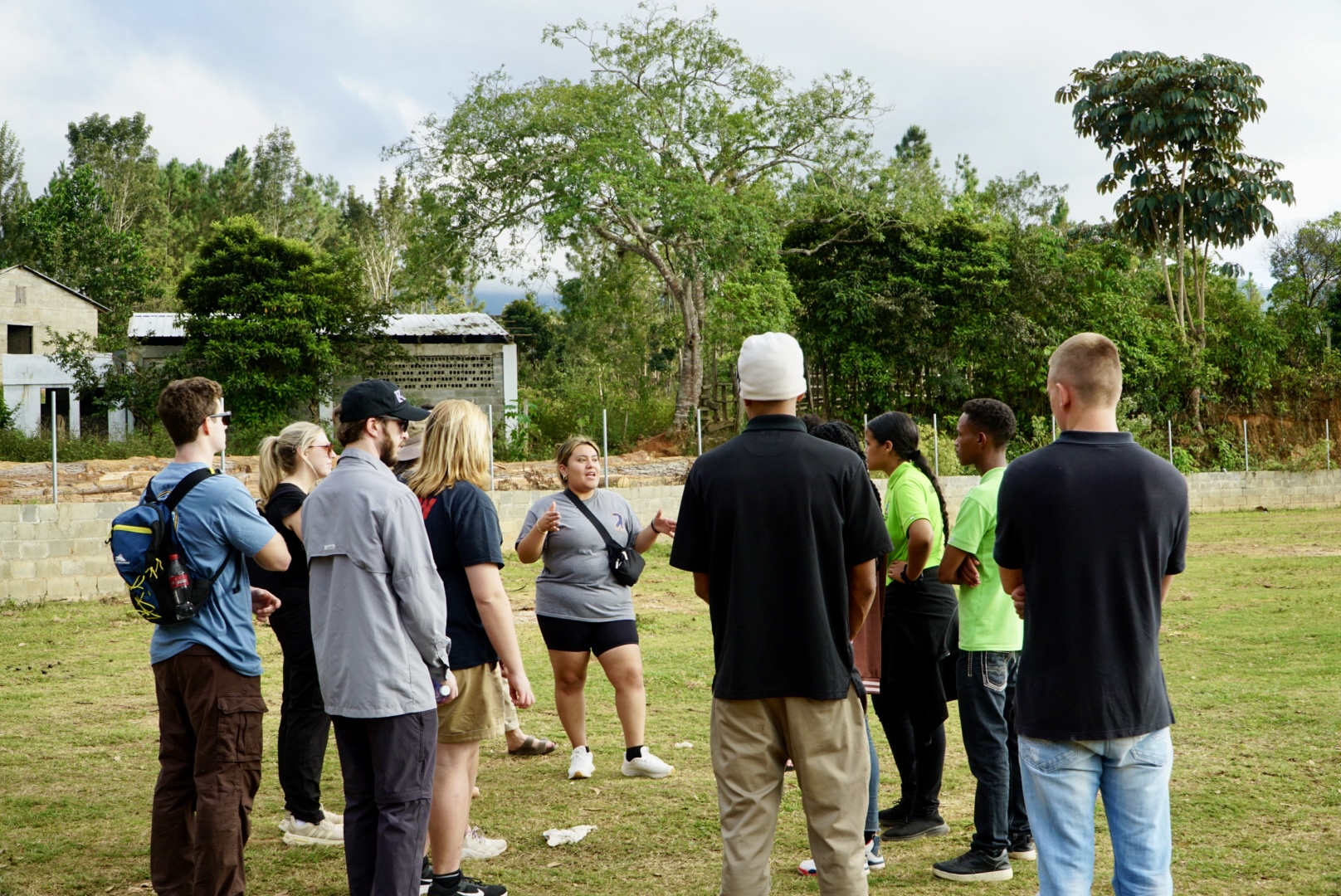2025-2026
The Policies of Science and Innovation

Scientific breakthroughs no longer happen through the dedicated work of a lone genius. Instead, they are collaborative efforts that institutions deliberately foster. These breakthroughs continue to accelerate as global networks of researchers advance our understanding of life, the universe, and everything. These breakthroughs have fostered exceptional technological advances that have the potential to benefit everyone. Many corporate, government, academic, and non-profit institutions invest heavily in this enterprise. However, the priorities for these investments differ among nations, institutions, and individual researchers.
This fellowship will focus on how science advances. We will emphasize diverse innovation pipelines and how government, academic, and industry groups prioritize their financial investments. These will include prioritizing discovery-based research, technological innovation, and monitoring and modeling climate, biodiversity, and other dimensions of global change.
The 2025-2026 Undergraduate Fellows will interact with scientists, policy experts, industry leaders, and elected officials. We will emphasize learning from a diversity of perspectives and opinions. Each will provide insights into the data, evaluative tools, and expertise that shape the scientific enterprise.
Approaches to science are rapidly changing as machine learning and big data become the norm. Fellows are expected to develop their curiosity and personal inquiries, which will guide our discovery process.
As part of the Undergraduate Fellowship, Fellows will be expected to:
- Participate in a Saturday orientation in early September
- Attend and contribute to weekly lunchtime meetings during the academic year (Thursdays, 12pm)
- Conduct field visits to laboratories, agencies, and administrative offices
- Participate in an international study trip during J-Term (January 2026)
- Actively contribute to a cumulative group project throughout the academic year
- Present group findings in April 2026
Previous Themes
- 2024-25: The Future of Work: Labor and Climate Change
- 2023-24: The Future of Work: Man vs. Machine
- 2022-23: The Future of Work: Labor Policy and the Post-COVID Economy
- 2021-22: U.S.-China Relations: Is a New Cold War Coming? Is It Already Here?
- 2020-21: The Domino Theory and Eisenhower's Foreign Policy
- 2019-20: The Government We Pay For
- 2018-19: Common Security, Common Prosperity
- 2017-18: Transportation & Infrastructure
- 2016-17: Refugee Policy
- 2015-16: Energy Policy
- 2014-15: Intelligence Policy
- 2013-14: Space Policy
- 2012-13: Presidential Elections
Prospective Applicants
The Undergraduate Fellowship is open to students who will be graduating in May 2026. Students who wish to participate must be available on campus throughout the 2025-26 academic year to participate in in-person meetings, activities, field work, and travel. Selected Fellows must have a passport, or are required to obtain a passport by November 1, 2025. Fellows are responsible for obtaining visas for international travel, if required.
